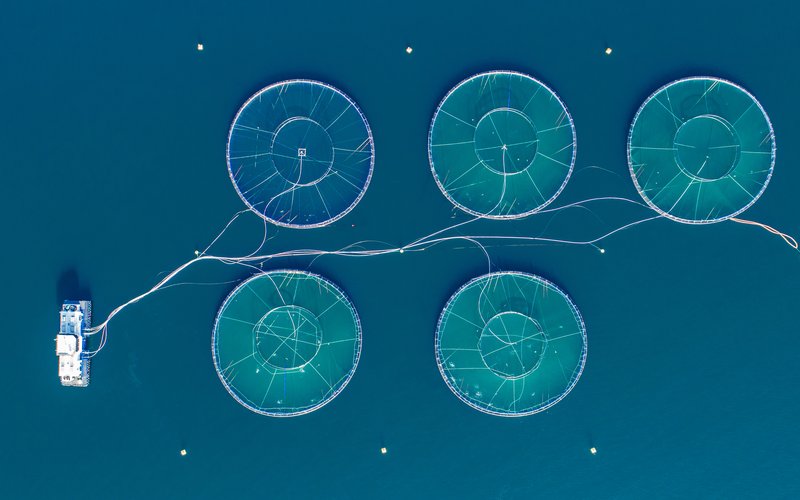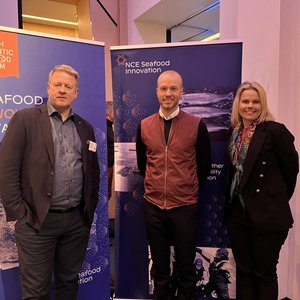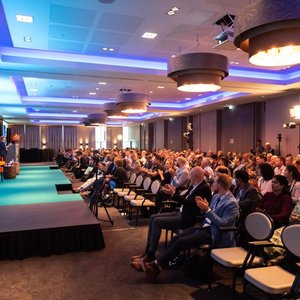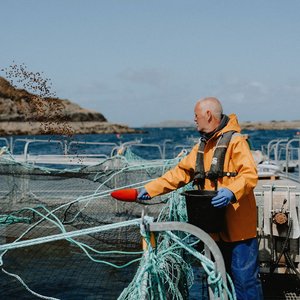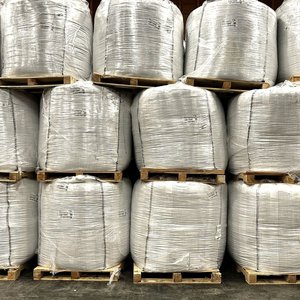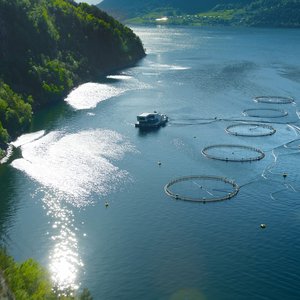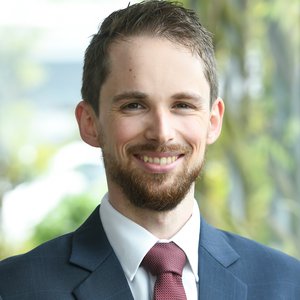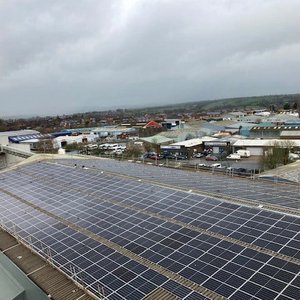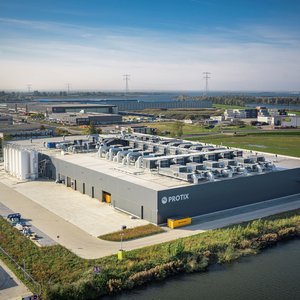The Coalition for Sustainable Aquaculture (CSA) announced new members, including three organizations focused on sustainability, a commercial fisherman, and five graduate students poised to become future leaders in the industry. The addition of these new members supports the CSA’s mission to take a stakeholder-led approach to sustainably and equitably launching offshore aquaculture in the U.S.
The new members joined the coalition of award-winning chefs, environmental groups, and industry leaders ahead of the World Aquaculture Society’s annual Aquaculture America conference on February 18-21 in San Antonio, where the CSA will have a booth.
“Done right, offshore aquaculture will be a cornerstone of a healthy, sustainable U.S. seafood economy,” said Captain Scott Hickman, a Texas-based commercial fisherman and charter boat captain and one of the new members of CSA. “It can complement wild-caught fishing and help meet the demand for locally sourced seafood.”
In addition to Capt. Hickman, new members include Food + Planet, a nonprofit promoting sustainable food systems; RETI Center, an education organization focused on community-based climate solutions; Sea Pact, a group of North American seafood companies committed to stewardship; and five Future Leaders:
- Angelo San Pablo, a graduate student at the University of California, Santa Cruz working with one of the largest global aquaculture feed manufacturers to improve and expand their carbon reporting systems
- Hannah Crosby, a graduate student at the University of Virginia interested in ways to promote the ocean as a climate solution
- Lucy Vogt, an environmental policy student at Northwestern University, who spent six months researching marine conservation policy in Australia
- Olivia Blondheim, a biological oceanography doctoral student at the University of South Florida who studies eastern oyster water filtration
- Poppy Brittingham, a graduate student at Stanford University, who provides research and writing support to Environmental Defense Fund on issues including climate change impacts on fisheries, social-ecological resilience, and aquaculture
“U.S. waters have great potential in providing a sustainable, nutritious supply of seafood through aquaculture,” said Angelo San Pablo. “In addition to improving the accessibility of seafood, aquaculture can also contribute to restorative and regenerative initiatives in the U.S.—strategies that are essential and can provide breakthroughs in the face of climate change.”
“Our support for the Coalition for Sustainable Aquaculture stems from our commitment to fostering truly sustainable food systems that nourish both people and the planet and represent the diverse cultural foodways in the U.S.,” said Chris Vogliano, co-founder and director of Global Research at Food + Planet. “By championing domestically produced sustainable aquaculture, we pave the way for a future where the bounty of our oceans not only sustains human life, but contributes to the well-being and regeneration of our aquatic ecosystems for generations to come.”


